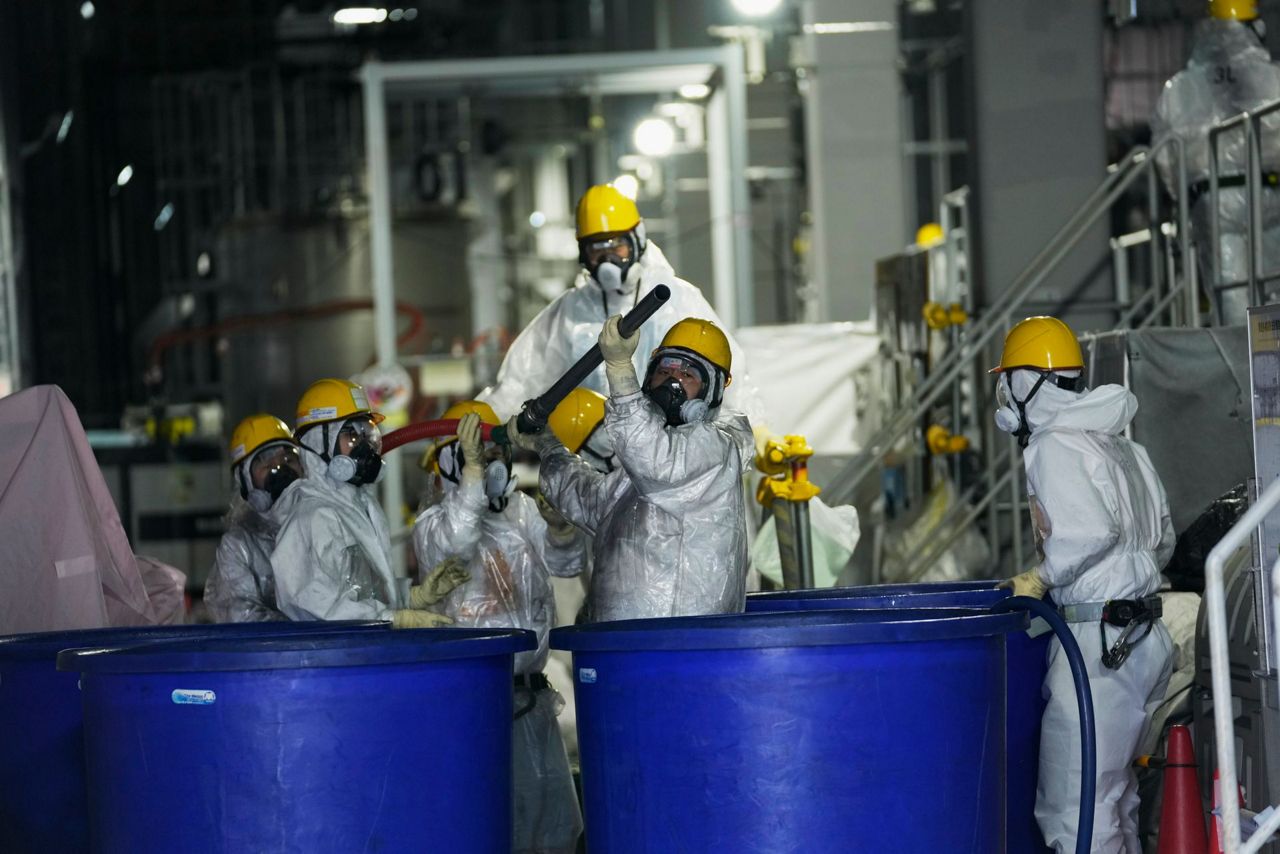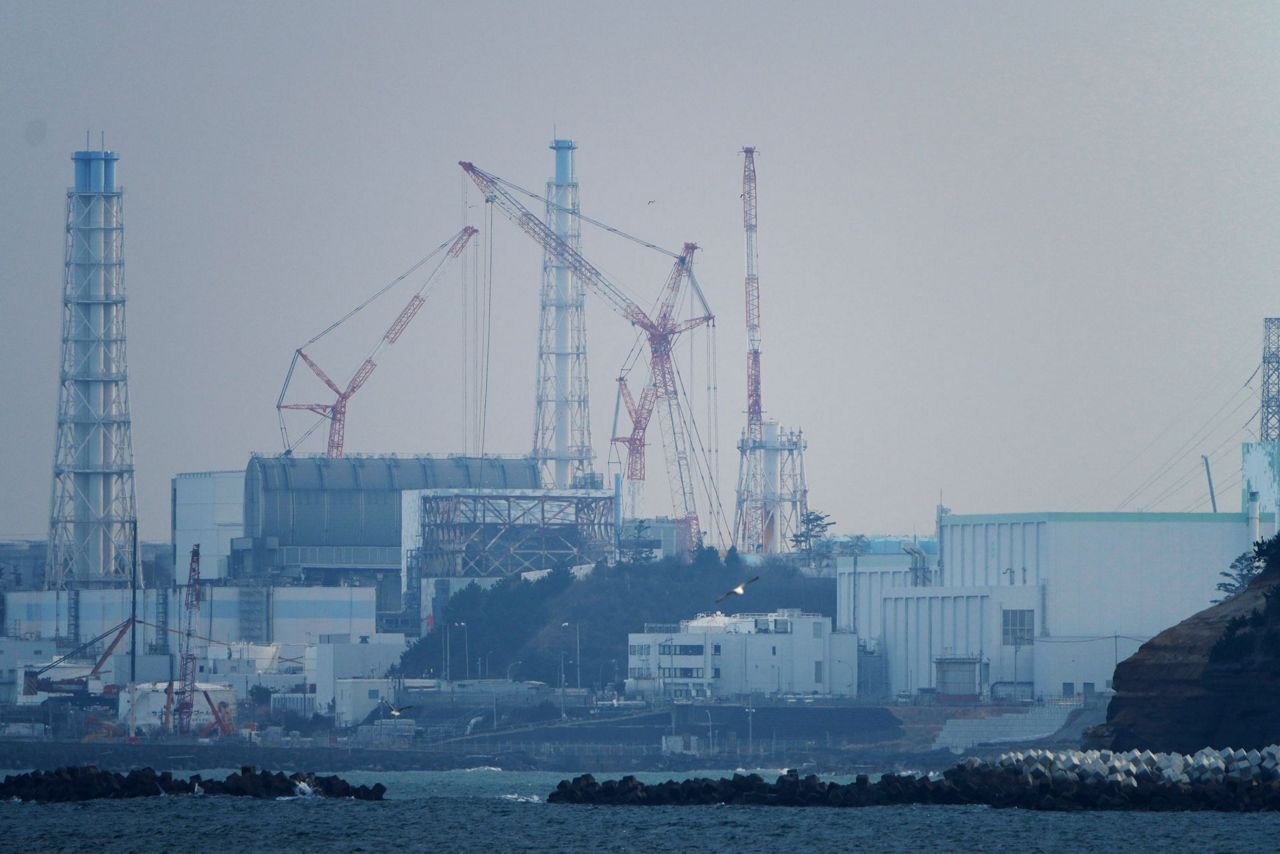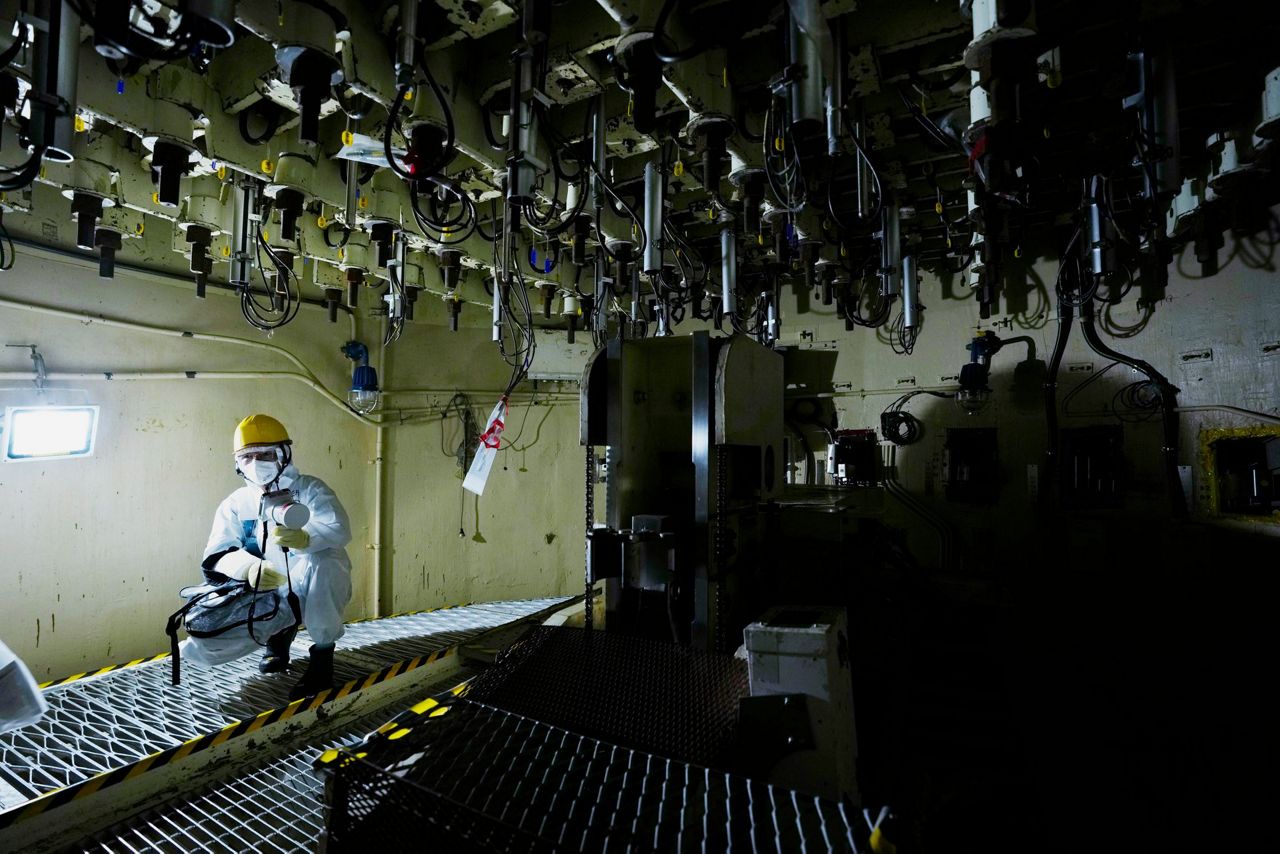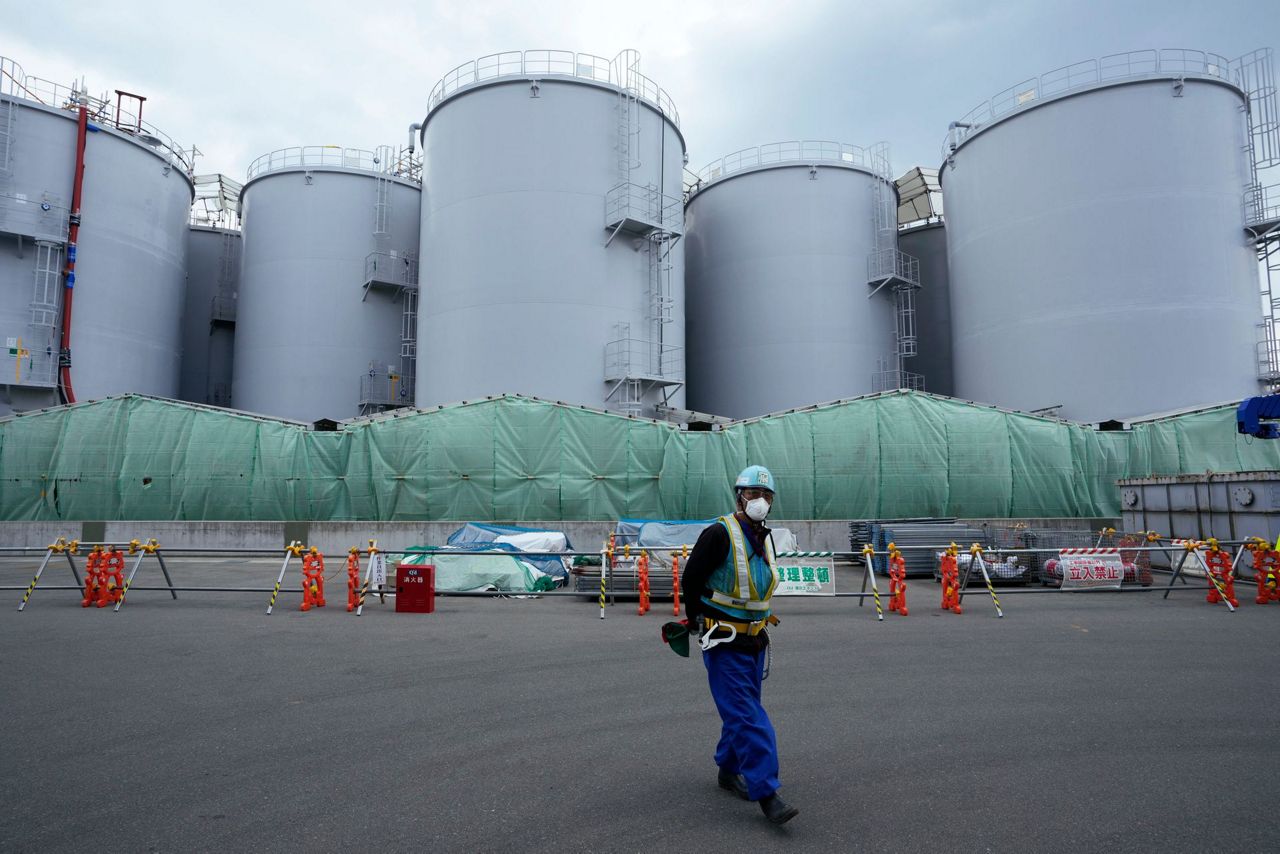TOKYO (AP) — Repayment of the more than 10 trillion yen ($68 billion) government funding for cleanup and compensation for the Fukushima Daiichi nuclear plant disaster has been delayed, the Japanese government says.
The Board of Audit said in a report released Monday that the delay stems from technical difficulties and Tokyo Electric Power Co. Holdings’ worsening financial state. It said the entire process may take more than 40 years.
The nuclear plant suffered triple meltdowns following the 2011 earthquake and tsunami, spewing radiation that contaminated areas nearby and forcing tens of thousands of people to evacuate.
Funding for the first 11 years of the disaster has already amounted to nearly half of TEPCO’s total estimate of a cost of 22 trillion yen ($150 billion) for the decades-long project.
The Board of Audit said that by April, the government had provided 10.2 trillion yen ($70 billion) in no-interest loans to TEPCO for the plant cleanup, decontamination of its surroundings and compensation to people affected by the disaster.
The government has shouldered initial costs of the compensation with money borrowed from financial institutions. TEPCO is repaying those debts out of its revenues including electricity bills.
According to the Board of Audit, the government raised its funding limit to 13.5 trillion yen ($92 billion) from an earlier 9 trillion yen ($61 billion) in anticipation of higher costs. Costs of the cleanup are funded by government bonds, so increases or delays add to the public debt.
TEPCO's mandated repayments were cut to 40 billion yen ($270 million) a year from an initial 70 billion yen ($470 million) a year. In a worst case scenario, it could take up to 42 years for TEPCO to fully pay back the costs, the Board of Audit said, citing its own estimate.
Assessing the damage and details of melted debris inside of the reactors is technically daunting and dozens of lawsuits could raise the amount of compensation required.
TEPCO is facing other troubles on top of its burden of decommissioning the wrecked plants and paying compensation.
The expected startups of two of seven reactors at its Kashiwazaki-Kariwa nuclear plant in northern Japan were delayed by technical and safety problems, so TEPCO restarted coal-fired plants to meet demands. Rising costs for fuel are an added burden.
Copyright 2022 The Associated Press. All rights reserved. This material may not be published, broadcast, rewritten or redistributed without permission.






